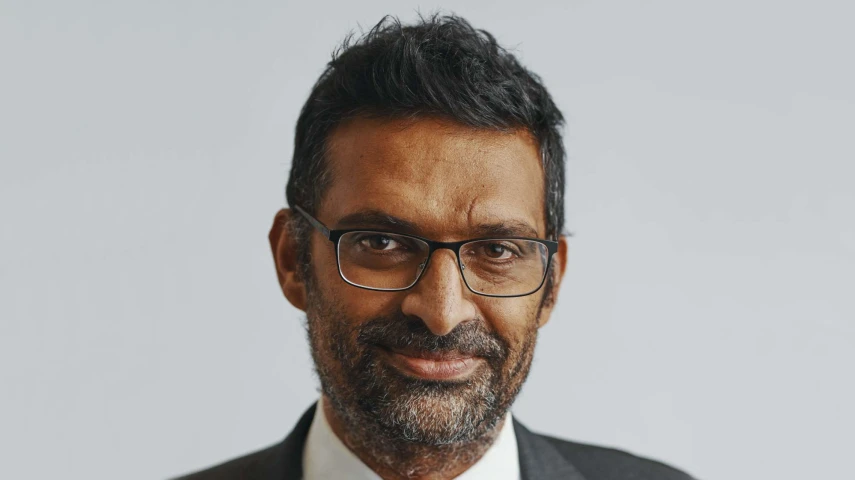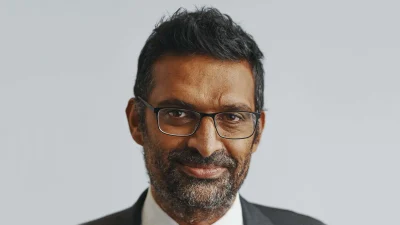AFCA urges advisers to report misconduct amid self-regulation push



The Australian Financial Complaints Authority (AFCA) has encouraged financial advisers to speak up and report instances of misconduct or wrongdoing.
ASIC, particularly in recent years, has cracked down on cold calling operators who are using high-pressure sales tactics to lure consumers into receiving inappropriate superannuation switching advice.
This was evident in the troubled case of United Global Capital (UGC), with UGC or its corporate authorised representatives making cold calls to consumers for a “superannuation health check”, encouraging them to rollover their superannuation into an SMSF and invest their retirement savings in related-party products.
It was recently confirmed that a substantial portion of the estimated $77.9 million Compensation Scheme of Last Resort (CSLR) levy for FY26 is expected to relate to compensation for clients of UGC.
The cold calling practice is a “serious problem” that AFCA is currently observing, according to Shail Singh, AFCA’s lead ombudsman for investments and advice, who unpacked this further in a recent member forum session.
“[Cold calling] is a serious problem that we are seeing. The way they do it is they generally don’t have an AFSL, so they’re not regulated often by ASIC which means it can be very hard to work out. We certainly don’t have jurisdiction over them because we only have jurisdiction over the AFSL,” Singh explained.
He urged the advice industry to report such activity if they are aware of it occurring, quoting standard 12 in the Code of Ethics, which states advisers must uphold and promote the ethical standards of the profession and hold each other accountable for the protection of the public interest.
Singh said: “I think it’s incumbent actually on associations and advisers under standard 12 if they find out about this sort of conduct, that they report it.
“Ultimately, the advice profession, which is attempting and wants to self-regulate, needs to be really trying hard to do what it can when it hears about these things. I know from the fact that I’ve gone and spoken to lots of advisers, they know a lot of this stuff before anyone else does. Under standard 12, they are required to notify ASIC, to notify AFCA, to notify parties on what’s going on.
“So we really encourage the industry to be thinking about what you do when you hear about this, reporting it immediately because you’re the ones that generally find out about it first.”
The pursuit of self-regulation
Alongside Singh’s comments on self-regulation, the Financial Advice Association Australia (FAAA) has been increasingly vocal about its push for the advice profession to become self-regulated, which is one of its key strategic objectives.
Speaking to Money Management about this last November, FAAA chair David Sharpe said: “Our strategic vision by 2030 is to have co-regulation, and maybe a few years after that we move towards self-regulation. That’s how every other profession works. Every other respective profession controls their own standards.”
The association’s chief executive Sarah Abood recently reiterated this at the FAAA roadshow in Sydney last week, urging advisers to join forces with other industry voices to communicate the idea of self-regulation to the government.
“What we’re all calling out there is what is the path to becoming a self regulated profession? [The FAAA] are absolutely a critical part of that, but we’re not all of it, and that’s the point that we’re trying to call out for us to become self-regulating,” Abood said.
While the FAAA is a leading industry voice, it is not the only voice in the journey to professionalisation, the CEO added.
“We need to join together with other voices across the profession to make sure that we can articulate to government why we think we’re ready to take over functions like discipline, functions like setting adviser standards, that we’re ready to make that leap.”
Recommended for you
Net cash flow on AMP’s platforms saw a substantial jump in the last quarter to $740 million, while its new digital advice offering boosted flows to superannuation and investment.
Insignia Financial has provided an update on the status of its private equity bidders as an initial six-week due diligence period comes to an end.
A judge has detailed how individuals lent as much as $1.1 million each to former financial adviser Anthony Del Vecchio, only learning when they contacted his employer that nothing had ever been invested.
Having rejected the possibility of an IPO, Mason Stevens’ CEO details why the wealth platform went down the PE route and how it intends to accelerate its growth ambitions in financial advice.















